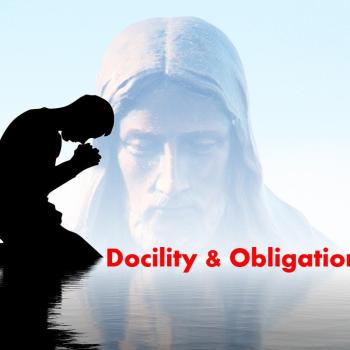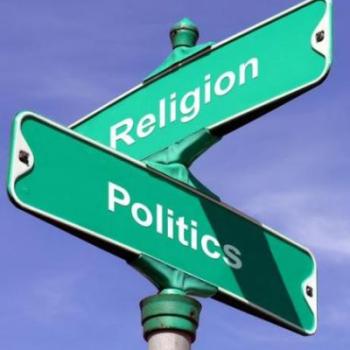Annette remembers her father as a red-faced ogre, loud, super-critical, and subject to fierce bouts of anger. When he was drunk, he liked to arm-wrestle her, and when she was 18, he threw her out of the house because he found out she was gay. Annette spent years in therapy working on her anger at her father. She blamed him for her fear of intimacy, her distrust of men, her relationship patterns, even her difficulties in committing herself to a career. She often imagined the things she would say to him, if she ever got the chance.
Last year, she got a letter from her father, whom she hadn't seen in years. He was in a nursing home, and wanted her to visit. It took Annette several weeks to get up the courage to go. But when she finally arrived and saw him in the bed, wasted, pale, and partially paralyzed with Parkinson's, she could find no connection between this man and the larger-than-life parent of her youth.
When Annette called to tell me about her meeting with her father, she couldn't stop crying. "He was so pathetic," she told me. "I couldn't even bring myself to talk to him about what he did. He's never going to apologize. I'll never get closure."
"Maybe you'll just have to forgive him anyway," I said.
Silence.
Then the question: "Why should I do that?"
"Maybe to get your life back," I suggested.
Annette's refusal to forgive her father has actually imprisoned her in the role of the victim. She had defined herself for thirty years as the abused child, the one whose father had ruined her life, and who deserved reparation, compensation.
In just the same way, my friend Jake believes that his spiritual teacher harmed him irreparably—took his money, forced him to work for the organization for free, all in the service of some promised enlightenment that never materialized. Neither Annette nor Jake has quite grasped that forgiveness is not something you do for the person who has hurt you. It is something you do for yourself, for the sake of your own inner freedom.
Many of us have someone we didn't want to forgive—a parent, an ex-lover or spouse, a teacher, a betraying friend. Often we believe, like Annette, that to forgive that person will be to excuse their wrong, or that holding onto our anger somehow gives us power. Little by little, the grievance becomes part of our story, even part of the meaning of our life. "I'm this way because s/he did that to me!" we say, he being the unloving parent, the unfaithful lover, the guru who didn't deliver. Along with the grievance goes its corollary: "I must have done something to deserve this."
What we may not fully grasp is that every time we choose not to forgive that person, we strengthen our own feeling of being flawed, re-imprisoning ourselves in our grudge, and empowering the belief that we're defined by hurt and anger. For years, I held a grievance against a childhood friend who had turned against me and then tried to turn all my other friends into my enemies. It wasn't that I thought about her a lot. It was more that my hurt and anger had gone deep enough into my system to become a sort of default setting, and then to start attracting corroborative experience.
The effect of my grievance showed up mainly in a defensive refusal to get close to other women, a belief that friends could turn against me without warning. Not surprisingly, they sometimes did, especially in my teenage years. Mirror neurons in your brain pick up the signals from mine, and vice versa. So when I have a tendency to distrust others, you pick it up, and throw it back to me—maybe by mirroring my distrust, or maybe by distancing yourself from me. Then, we have a vicious circle of self-replicating negative experience.
Reason enough to do some work with forgiveness. When I started my personal forgiveness project, all I had to work with was meditation and some basic yogic teachings about how to shift thoughts. I hadn't a clue how to access the actual state of forgiveness, so I concentrated on trying to talk back to my grudges. My model was the instruction from the Yoga Sutra: "When thoughts of revenge or hatred arise, practice the opposite." It became my discipline to notice my grudge-bearing thoughts and try and reverse them, usually by sending kind wishes to the person I was angry at.
The practice certainly cleared out underbrush in my mind. But it didn't immediately change the feelings that triggered them. Thought-shifting, I was discovering, doesn't touch the more deeply rooted reactive emotions in the limbic brain, and the even more deeply rooted survival reactions in the brainstem. Affirmations, or mental exercises in forgiveness, basically work with the cerebral cortex. The instinctive tendencies toward judgment and revenge are stored in the hind brain—the limbic system and the brain stem. So the regressive, angry, self-aggrandizing part of us does not disappear overnight. We have to do the same act of choosing forgiveness again and again, until what has been conscious choice becomes instinctual reaction.





